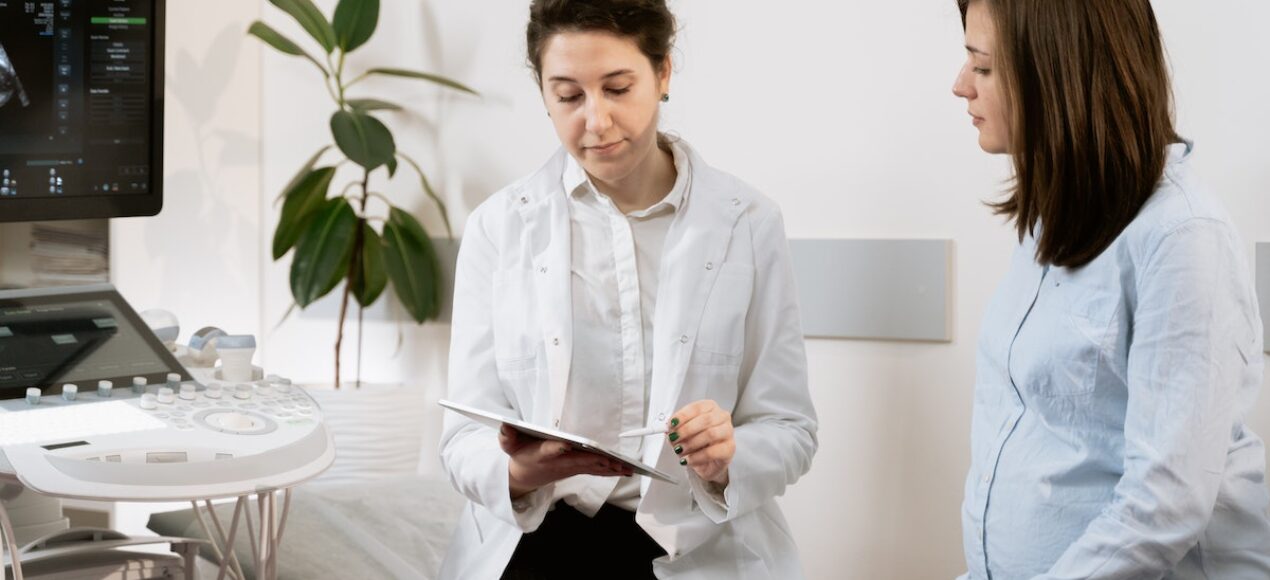Our dedication lies not just in treating symptoms but in addressing the root causes, offering a holistic approach that integrates the best of therapeutic practices with the warmth of community support.
National Depression and Screening Month: 3 Things to Know About Depression Screenings

Oct 03, 2022
October is an important month for mental health because it’s National Depression and Health Screening Month. The United States Preventive Services Task Force (USPSTF) recommends screening for depression in the adult population. These screenings are typically done in the primary care setting.
In fact, you may have already had a depression screening done if you’ve seen your doctor recently. Your doctor may have asked you to fill out a questionnaire or asked you the questions directly. The questions focus on your feelings, mood, sleep habits and other symptoms.
Those who get a positive result, meaning they may possibly have depression, will receive additional assessments. These assessments are more in depth and help determine if there is an alternative diagnosis, as well as the severity of the diagnosis.
Below are three important things to know about depression screenings and why they are an important part of adult and child mental health services in Princeton NJ.
1. There are different types of screening tools.
A number of screening tools are available. Some are specifically designed for certain populations, such as children and adolescents or older adults. Here are some examples of popular screening tools:
- Beck Depression Inventory (BDI)
- Center for Epidemiologic Studies Depression Scale (CES-D)
- Hamilton Depression Rating Scale (HAM-D)
- Patient Health Questionnaire (PHQ)
- Major Depression Inventory (MDI)
- Child Behavior Checklist (CBCL)
- Children’s Depression Inventory (CDI)
- EQ-5D
2. The task force recommends screening all adults.
Depression can look different in different people. That’s why it’s important to screen everyone, as these tests can pick up depression in people who may not know they have it. According to the USPSTF, all adults 18 and over (including pregnant and postpartum women) should be screened for depression when they visit the doctor.
The task force has determined that there is enough evidence to show that screening for depression outweighs the harms for the adult population. Depression screenings are accurate, and treatment is effective.
3. Positive results do not necessarily mean you have depression.
When a person gets a positive result from a depression screening, it does not automatically mean they have depression. Instead, they are ‘flagged,’ so to speak, as being at risk. Further assessments are given to determine if there is something else going on, such as another mental or physical disorder. If depression is the diagnosis, additional testing will determine how severe the condition is.
Depression is a Treatable Condition. Start Treatment Today.
As you can see, depression screenings are a great way to identify depression when patients visit the doctor. Treatment is available for mild, moderate and severe depression. Cognitive behavioral therapy in New Jersey is one of the best ways to treat depression, along with antidepressant medications.
CTRLCare Behavioral Health provides mental health therapy for both children and adults. We have many approaches to treating depression, which is important since each person is unique and responds to different treatments. To learn more about having a personalized treatment plan made for you or a loved one, contact our admissions team today.

APPOINTMENT
Get Your Online Consultation
Copyright 2026 CTRL Care | All Rights Reserved
